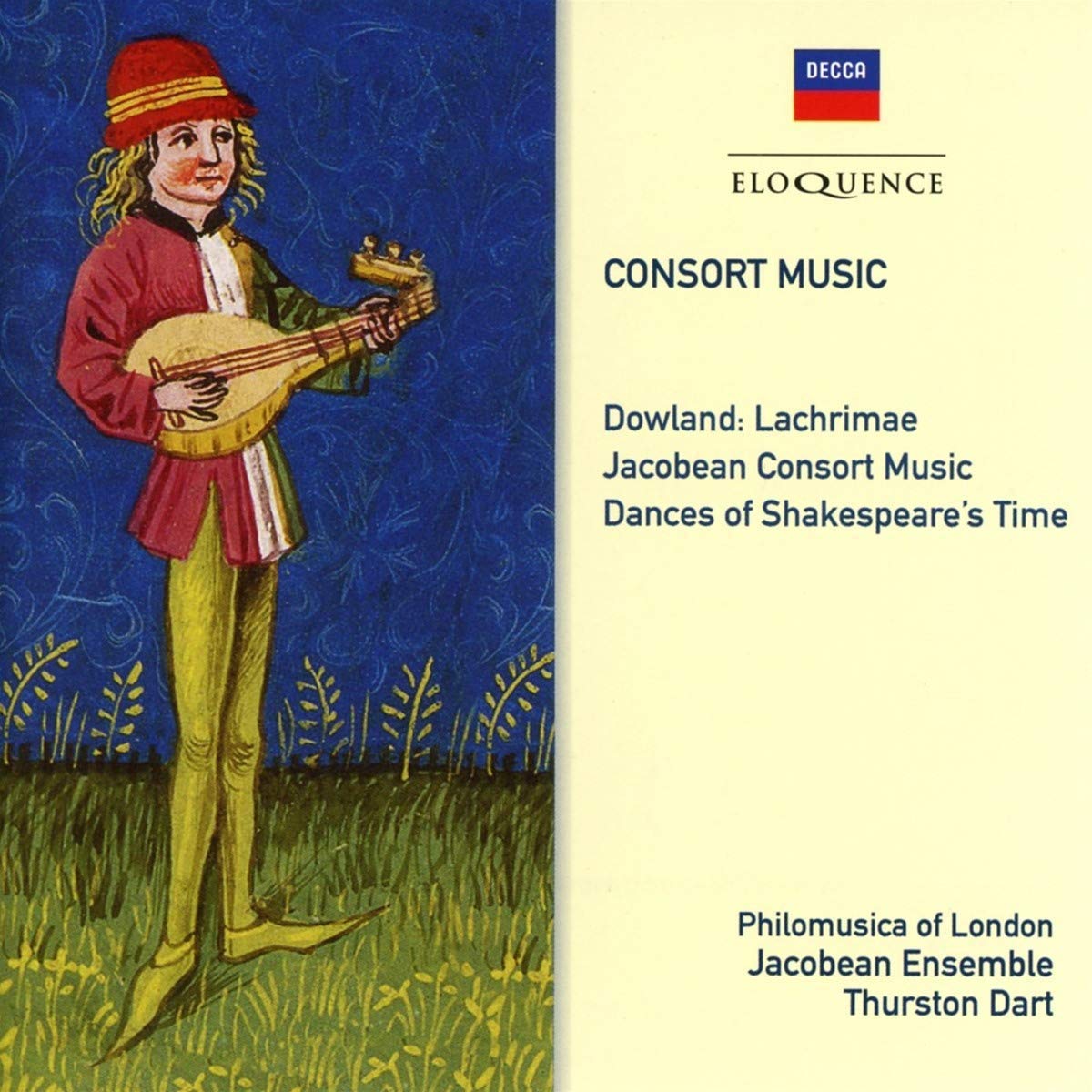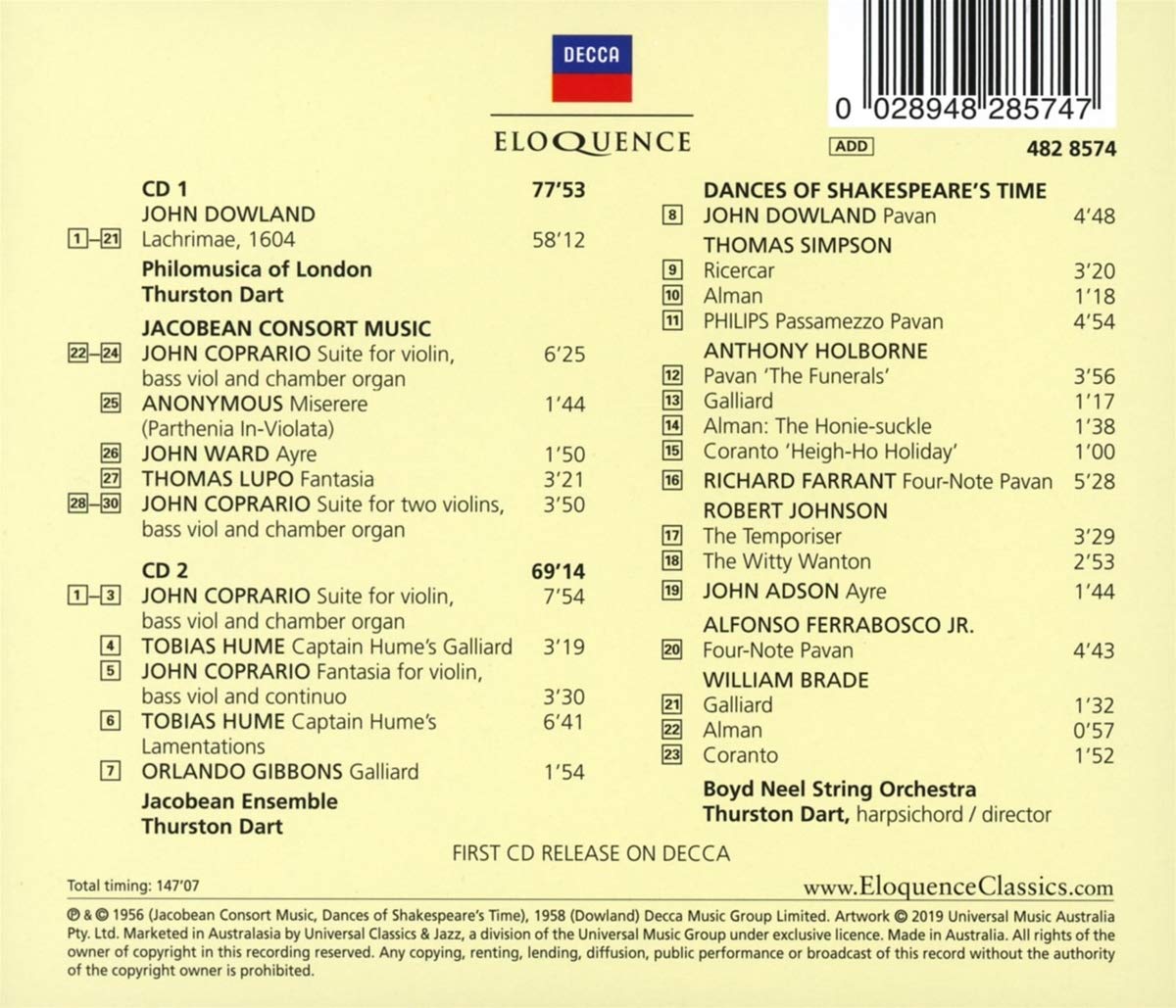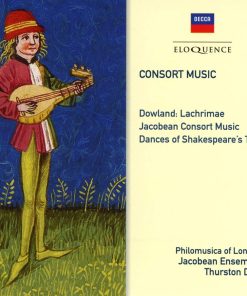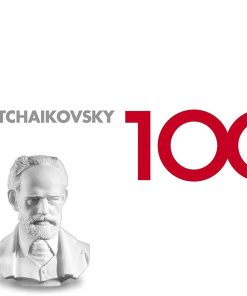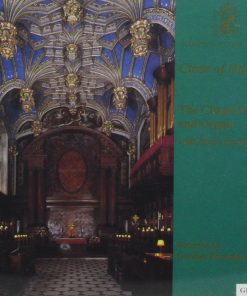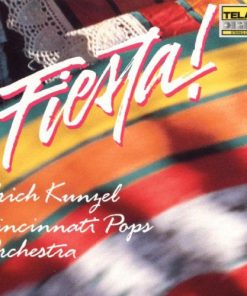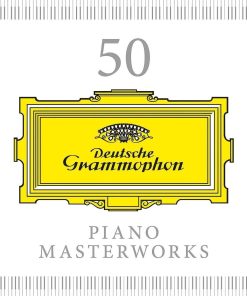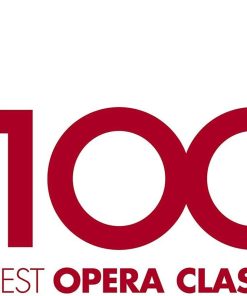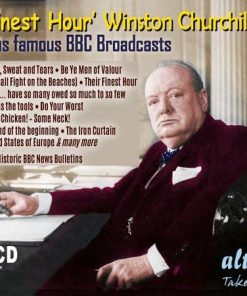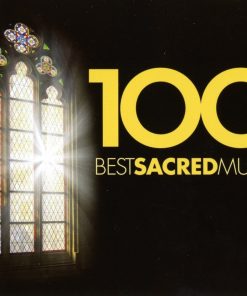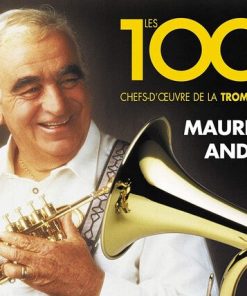CONSORT MUSIC – THURSTON DART, PHILOMUSICA OF LONDON, JACOBEAN ENSEMBLE (2 CDS) DECCA
$ 16,99 $ 10,19

A feast of melancholia: three L’Oiseau-Lyre albums of early English chamber music from the dawn of the period-performance era, newly remastered and compiled together for the first time with much material new to CD.
With this and several other albums issued in 2019, Eloquence celebrates the art of Thurston Dart, the harpsichordist, conductor and editor who played a leading role in the early-music revival in postwar Britain. After his death in 1971 at the age of just 49, his fellow harpsichordist Igor Kipnis paid fulsome tribute to ‘a man of many parts’, whose 1954 volume on The Interpretation of Music had attained testamentary authority among his fellow musicians, matched by the skill, style and flourish of his many recordings. ‘He was the ideal musicologist-performer.’
Thurston Dart prepared the performing editions of nearly all the music on this 2CD compilation, but he struck a fine balance between scholarly rectitude, practical concerns and a performer’s instincts. For the 1957 album of Lachrymae he rearranged Dowland’s original sequence of seven linked pavans (all in the same key) followed by 14 other pieces, and produced instead an extended and varied dance-suite, representing the introvert and extrovert sides of the composer side by side. Mixing old and new instruments, he directed a modern string band playing with old-style bows, plus viols, lute and harpsichord.
From the mid-1950s also date the albums of ‘Jacobean Consort Music’ and ‘Dances from Shakespeare’s Time’ which feature secular tunes and dances by the likes of Gibbons, Holborne and Hume as well as lesser-known names such as Coprario and Brade, all drawn from a variety of sources – in the case of the Consort Music, the scholarly volumes of Musica Britannica in which Dart was a prime mover. Unavailable for decades, now receiving their first release on CD, they fill out our picture of Dart as, in the words of HC Robbins Landon, an excellent director and ‘a wizard at any keyboard’.

‘Neville Marriner manages [Coprario’s] effects with an uncanny skill and an admirable sense of what Jacobean taste might have been… This is splendid music, for the most part very well played.’ Gramophone, November 1956 (Jacobean Consort Music)
‘This record made history; it astonished in 1956 by presenting English music for strings of unsuspected beauty and accomplishment. It still astonishes.’ Gramophone, May 1973 (‘Dances of Shakespeare’s Time’)
‘An outstanding record in its day, and just as outstanding now. The music is ravishingly beautiful, the playing pretty good, the recording well managed… ideal for contemplative listening late at night.’ Gramophone, November 1973 (Dowland)

Adson: Air
Brade: Almand
Brade: Coranta
Brade: Galliard
Coprario: Suite for violin, bass viol and chamber organ (Musica Britannica 99)
Coprario: Suite, for 2 violins, bass viol and chamber organ (Musica Britannica 102)
Coprario: Suite, for violin, bass viol and chamber organ (Musical Britannica 98)
Dowland: Lachrimae, or Seaven Teares
Dowland: Pavan
Farrant, R: Four-Note Pavan
Ferrabosco, A II: Four-note pavan
Holborne: Galliard
Holborne: Heigh ho holiday
Holborne: The funerals (Pavan)
Hume, T: Captaine Hume’s Galliard
Johnson, R: The temporiser
Johnson, R: Witty wanton
Philips, P: Passamezzo Pavan
Simpson, T: Alman
Simpson, T: Ricercar
Ward, J: Ayre, for two bass viols and continuo
Fast Shipping and Professional Packing
Due to our longstanding partnership with UPS FedEx DHL and other leading international carriers, we are able to provide a range of shipping options. Our warehouse staff are highly trained to pack your goods exactly according to the specifications that we supply. Your goods will undergo a thorough examination and will be safely packaged prior to being sent out. Everyday we deliver hundreds of packages to our customers from all over the world. This is an indication of our dedication to being the largest online retailer worldwide. Warehouses and distribution centers can be located in Europe as well as the USA.
Orders with more than 1 item are assigned processing periods for each item.
Before shipment, all ordered products will be thoroughly inspected. Today, most orders will be shipped within 48 hours. The estimated delivery time is between 3-7 days.
Returns
The stock is constantly changing. It's not entirely managed by us since we are involved with multiple parties such as the factory and our storage. The actual stock can fluctuate at any time. Please understand it may happen that your order will be out of stock when the order is placed.
Our policy is valid for 30 days. If you haven't received your product within 30 days, we're not able to issue either a return or exchange.
You are able to return a product if it is unused and in the same condition when you received it. It must also still remain in the original packaging.
